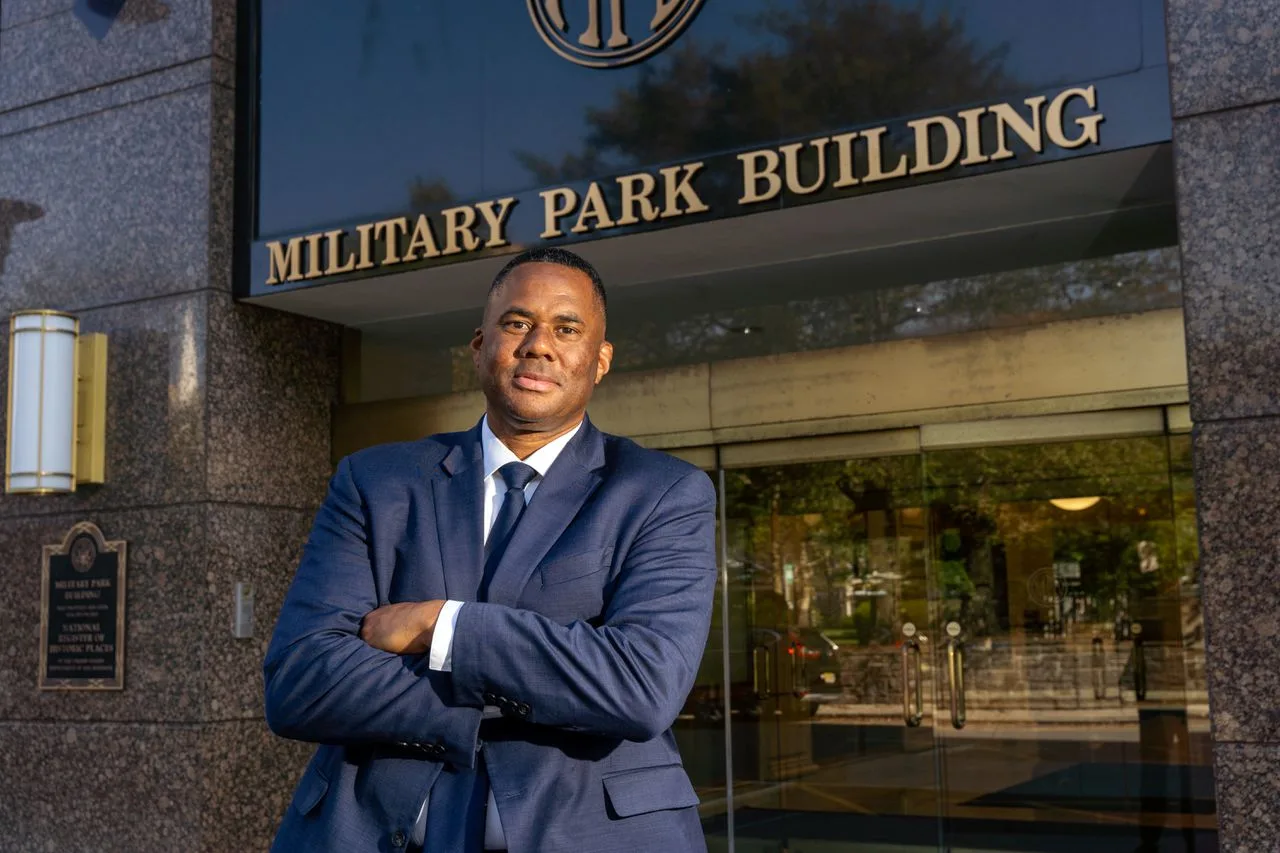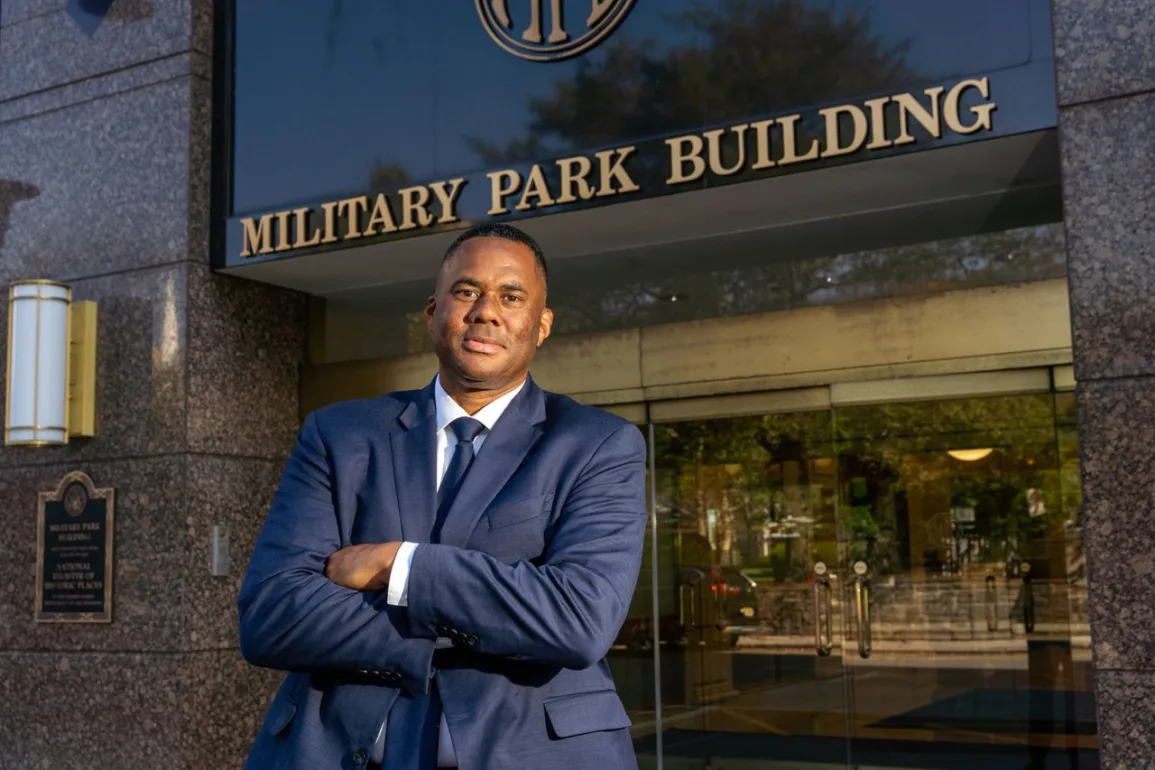
You may not have heard of the New Jersey Institute for Social Justice but the advocacy group may have already touched your life.
If you’re looking to buy a house, this organization fought for the passage of a state bill that will help first-time homeowners, or better yet, first-generation homeowners, to buy a home. If you were among the more than 83,000 people on probation and parole who couldn’t vote, the institute successfully advocated to get your right to vote restored.
For more than two decades the organization — led by some of the state’s most talented lawyers and Ph.Ds — has fought for social justice in housing, schools, the criminal justice system and our economic system. Many times they’ve failed, as several bills they lobbied for continue to linger in the legislature. But, they’ve also succeeded.
The institute will hold its annual gala this week at the New Jersey Performing Arts Center where they’ll honor two-time Georgia gubernatorial candidate and voting rights activist Stacey Abrams and five others: Former Rutgers Law School professor Elise Boddie; Justin Jones, a Tennessee state representative and member of the “Tennessee Three”; Brian Maher, the founder of the Maher Charitable Foundation; Justin White, a member of the Mars Family and human rights and gender equality advocate and George Sallie, the oldest living foot soldier from the Bloody Sunday March in 1965.
This year, the institute will focus on the theme of “invest.” I talked with, Ryan Haygood, a civil rights attorney and the institute’s president and CEO for more than eight years, about that theme and the institute’s focus for the coming year. The conversation below was edited for clarity and length.
Q: Your theme for the annual event is “invest.” What does that mean, other than, ‘please open your wallet?’
A: Investment, obviously, connotes a financial term but we think of investment broadly. So our racial justice advocacy is built around the idea that all of us stand on a foundation that has deep cracks in it. Those are the cracks of structural racism that were designed during New Jersey’s founding.
For us, invest means that we are investing in building a new system to fill in those cracks and that investment is in community, it’s in advocacy, it’s in our democracy, and ultimately, that investment is in us. So a lot of people think of investment in financial terms and certainly that’s part of it. We think about investing and building the kinds of systems that empower people of color in the state.
Q: So “invest” includes other aspects of giving, including giving your time?
A: Absolutely. So invest means your time but invest also means using your voice to advocate. Our advocacy is really powered by us collectively using our voices to hold people in positions of power accountable to the people.
We want to invest in the kind of systems that make New Jersey a national bright light for racial justice. When people think about, “how do you do racial justice, what does it look like,” we want them to think of New Jersey because of the kind of collective advocacy that we invest in here.
So a couple of examples that we talked a lot about would strengthen our democracy through participation. In the last three years, our collective advocacy has done a number of things: We restored the right to vote to 83,000 people on probation and parole; we championed online voter registration and we ended prison-based gerrymandering, which is counting people in prison in their prison communities, as opposed to where they actually live in their own communities.
Q: Your previous focus was reparations. How does that play into the organization’s new theme of “invest?”
A: Part of the investment that we make is by understanding New Jersey’s history, the way that slavery took root very, very deeply, and the way that we’re shaped today by that history. So as part of our work this year, we launched the New Jersey Reparations Council, which is the first of its kind council to finally study the history of slavery, its impact, and as importantly, how we can build a system of policies and practices and investments to repair the enduring harm of slavery.
It’s fascinating to me when people tell you, “That’s not part of who we are.” But in fact, slavery shaped every aspect of New Jersey, even as too many people don’t believe it happened here. And so part of our investment is in building the reparations council, which will tell the truth about who we have been, and who we currently are so we can be who I think we are really called to be.
Q: Do people have different definitions of reparations, and as a result will there be different ideas about what the solutions should be?
A: When we convened the reparations council, we didn’t prescribe to them what their recommendations should be. We only urged them to be ambitious enough to respond to the enduring form of slavery. And by that I mean, New Jersey really enjoys kind of a veneer of progressivism, which I think is part of our story. But it’s also true that Black people here face some of the worst racial disparities in the country. And those are a reflection of the enduring impact of slavery.
So the remedy to address that harm has to be vast. It has to be multi-dimensional. It has to be comprehensive, and the charge of this council is to really think about how to do that. And it’s interesting because I think we’re made better by a wide array of policy and other record recommendations to address the issue. But ultimately, it’s got to start with a conversation.
Q: Most people think of reparations as money, as just giving Black people a check. Do you think that’s one of the solutions?
I think people often reduce reparations to a check-writing exercise. When they do that they fail to appreciate the enormity of the challenge, that investments should be made to support policies and practices and communities and individuals. The check-writing exercise alone is insufficient to get at the structure, the structural harm that we’re responding to.
You and I talked about those cracks in our foundation, there’s no amount of money you can pour into those cracks to fill them up because those cracks are built into our DNA and they were built by policies and practices.
Q: Each year the institute champions several pieces of legislation. So which bills do you really want to see pass this session?
We have a Fair Appraisals Bill (S777/A1519), which seeks to root out discrimination in home appraisals and this is a phenomenon that we saw really explode over the last couple of years where you have Black families who show their homes with some Black pictures or artwork and those homes are appraised at a certain level. Then, they scrub their home of all things indicating that a Black family lives there, and afterward, those homes sell for several hundred thousand dollars more.
This matters because it’s one of the drivers of our racial wealth gap. Our $300,000 racial gap is the difference at which our home is valued and assessed and appraised. So we have legislation moving along — and we imagine that we’ll get it approved in the next six months or a year — that will root out racial discrimination in housing appraisals. That’s a big piece of our work.
Q: What’s the next bill?
A: It involves jury service of people with criminal convictions. And this is an issue that I think people don’t think enough about. So we wrote this report that talks about how between 219,000 and 269,000 Black people in New Jersey, can’t participate on a jury because of a conviction. That’s between 23% and 29% of our state’s Black population.
Part of the reason that that exists is because we have the worst Black-to-white incarceration disparity rates in the country. It’s 18 to 1 for adults.
So we have a bill (A977) that seeks to connect people with criminal convictions with the right to jury service, which we think is as fundamental as voting.
We also have another piece of legislation around creating a New Jersey Voting Rights Act (A4554/S2997). Given what we’re seeing happening nationally around voting, we said, why don’t we create our own New Jersey Voting Rights Act? We’re working on that with 60 or more partners.
And the last one is to lower the voting age to 16 for school board elections. We’re doing this on the theory that nationally we’re seeing a real attack on school boards, on curriculum, on the truth around race and racism and slavery. And at the same time, here in Newark, 3% of registered voters voted last time in school board elections.
Since voting is a learned behavior, if just 3% of registered voters are voting, these adults are not passing on their learned behavior. Why not empower young people at the age of 16, when they’re most connected to these issues to vote in the school board elections?
We’ll pilot that program in some cities in Jersey and move it across the state. Several cities in California and Maryland already allow 16-year-olds to vote. I think, if it’s done well in Jersey, we could organize young people to really get young people enthusiastic about voting, and they can even run their own candidate.
All of this is part of an investment in building the most inclusive democracy in America, right here in New Jersey.
More information about the institute’s gala can be found on its site.
Related stories about social justice
Let’s promote legislation and politicians who fight for economic justice | Opinion
On Indigenous People’s Day, let’s tell the true story of our region | Opinion
New scorecards let us elect politicians whose actions speak louder than their words | Opinion
Welcome to Mosaic. Follow us on Instagram at @MosaicNJcom and on Facebook at MosaicNJcom.



